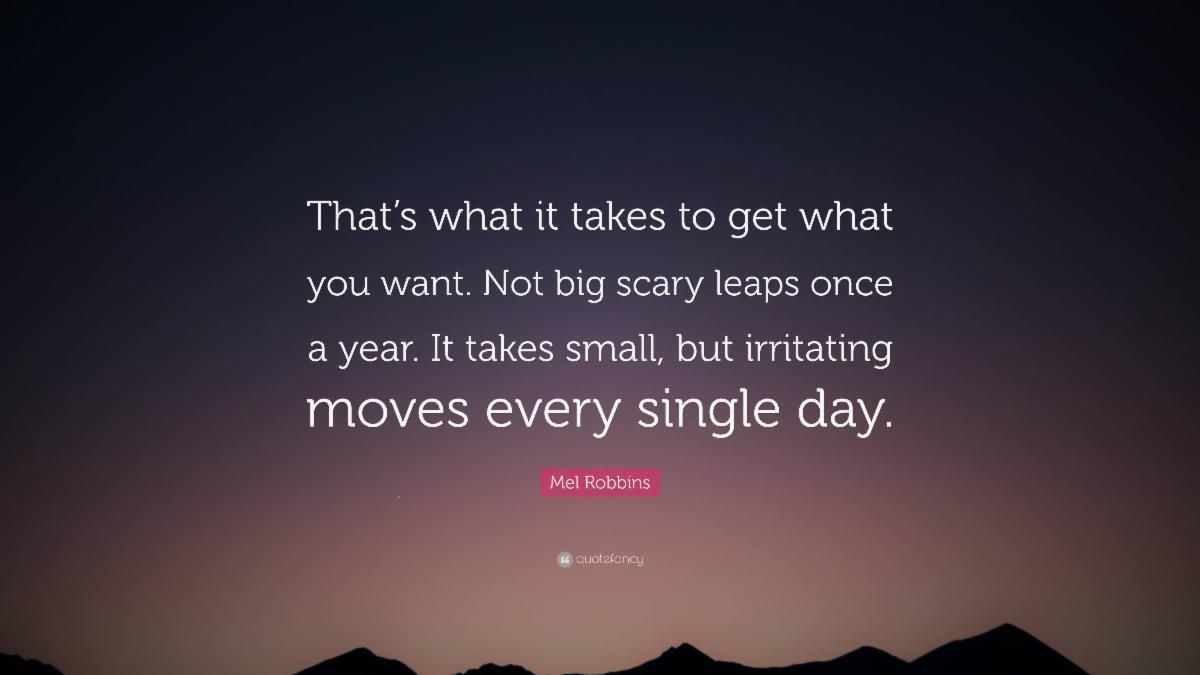
February 18, 2021
Coaching Your Leadership Team To Be More Effective Communicators
A client wrote to me after reading one of my newsletter articles about executive communication. He lamented that no matter how smart and professional his leadership team was, their communication abilities weren’t advanced enough and too often lacked emotional depth and substance. My client was only somewhat comforted when I shared that about two-thirds of my work ends up with a focus on either strategy or communication, and often, a blend of the two.
Of course, the best communication strategies for your team depend on the context of your work. For managers, communicating effectively with team members who have different working styles, motivations and preferences can feel like an impossible battle (especially when you’re pressed for time). But in general, I think powerful executive communication requires consideration of three distinct perspectives.
In past articles for Forbes (which you can read here) and Harvard Business Review (read here), I’ve offered Aristotle’s logos, ethos, and pathos as a framework for powerful executive communication. As leaders, you can use it to coach your team on communicating in a well-rounded way. I share this not to inflict my rhetoric degree on any of you, but rather, when you modernize the ideas, it provides a very straightforward approach to refining any message and its delivery.
- Logos – Logos is about clarity. Team members motivated by reason and logic need their supervisors to communicate in a way that features facts, data and evidence. Leaders can incorporate this perspective into their communication by demonstrating practicality, outlining clear arguments, using unequivocal language, and prompting decision and action.
- Ethos – Ethos is about credibility. Fundamentally, leaders should conduct and communicate about day-to-day work in a way that makes connections to the team’s values, vision, and objectives. Using strong rationale, strategic perspective, and providing evidence for a point of view is the key here. No one expects leaders to be right all the time. But leaders can provide visibility to their thinking about issues, and to their rationale for decisions.
- Pathos – Pathos is about connection. Most decisions have an emotional pull to them. We don’t work with droids and purely task-focused automatons. We work with people. Managers should be mindful of how team members will perceive decisions, and should anticipate their reactions, concerns and hesitations. By acknowledging other perspectives or providing opportunities for team members to share feedback, leaders can cater to team members who are more motivated by their emotions. When done well, this perspective also establishes trust and relatability.
Your leadership team may be really skilled in communicating from one of these perspectives. But no matter how smart or professional they are, neglecting the other two perspectives may be ostracizing members of their teams and hindering performance outcomes. With a more well-rounded approach, their communication can make a dramatic difference in team effectiveness.
What Habits Are You Setting?
We’re six weeks in to 2021 and if you haven’t yet, now is probably a good time to make sure you are following good habits as you set the tone for the rest of the year. Most of us are working from home at least part of the time where these habits might be easy to let slip. Especially as the boundaries between “work” and “life” are increasingly blurred. One habit that I’ve heard countless people attest to during the pandemic is taking walks during the day. It sounds so simple, but there’s actually a lot of great research that reinforces the benefits of building time for leisurely walks into your day.
From my conversations with folks who are die-hard walk-takers, walking is a great way to step away from the screen for even just a few minutes, especially during the pandemic when we’re more frequently sitting in front of the computer. So if you need a boost of energy or a mental break throughout the day, I encourage you to give it a try. Whether it’s with your kids, your spouse, your dog, or simply a walk with your thoughts, you may find that it’s a valuable addition to your day that you can build into your routine for the rest of the year. If you need convincing, skim this article from the Harvard Business Review about the many ways walking can be a productive and beneficial:
Don’t Underestimate the Power of a Walk (hbr.org)
Current Read:
In this Harvard Business Review article, Jessica Kennedy poses a really interesting research question: does getting promoted alter your moral compass? Turns out, at least from Kennedy’s research, it does: rank can lead ethical leaders to make unethical choices. Give it a read to better understand the connection, but also learn about how business leaders can mitigate this effect:
Does Getting Promoted Alter Your Moral Compass? (hbr.org)
Quotable:

Subscribe to Edinger's Insights Newsletter
Edinger’s Insights is packed with strategies and ideas to lead business growth.*
*Scott will never share your contact information
EdingerInsights_SignUp
Thank you for subscribing.
Please try again later.


